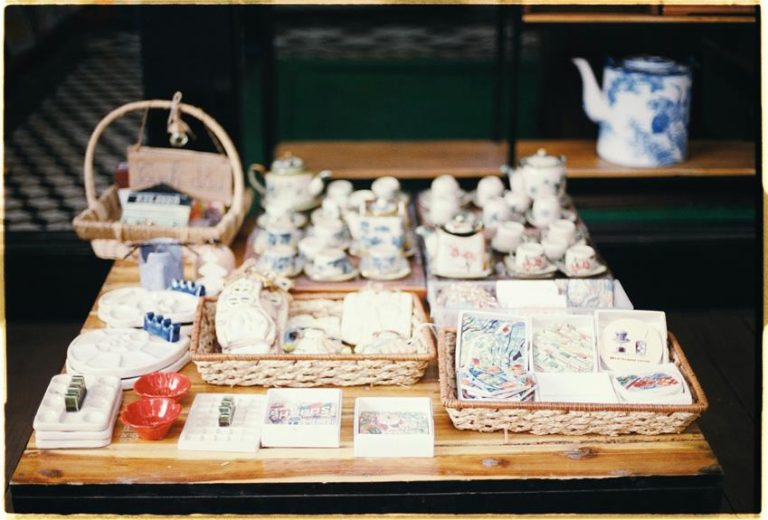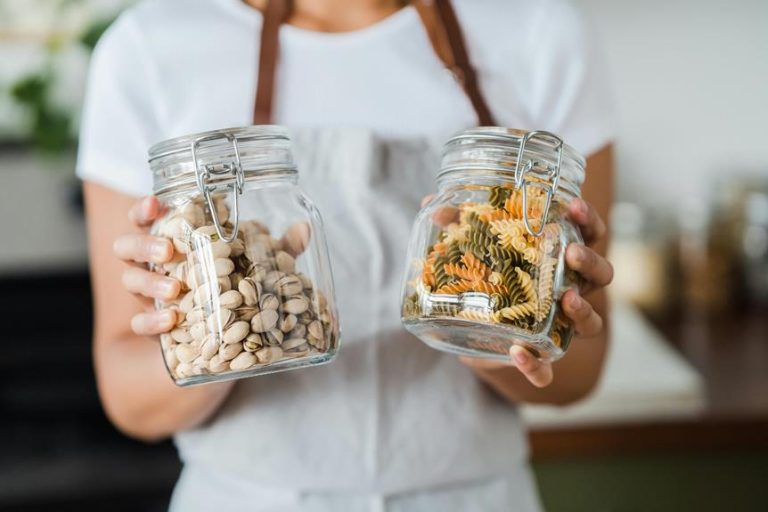Can Coffee Grounds Go Down the Sink? Unveiling the Truth

When we think about our daily routines, coffee often plays a central role, but have we considered what happens to those coffee grounds after the last sip? Many of us might instinctively toss them down the sink, believing it's a convenient solution. However, this seemingly harmless act can lead to some serious plumbing issues that we might not realize until it's too late. So, what exactly happens to those grounds once they enter our drainage system, and are there better ways to dispose of them? Let's explore the implications together.
The Composition of Coffee Grounds
When we examine the composition of coffee grounds, we find a mix of organic materials and insoluble compounds.
This coffee composition primarily consists of cellulose, lipids, and proteins, forming a significant amount of organic matter.
These components contribute to the texture and structure of the grounds, which can affect how they interact with plumbing systems if disposed of improperly.
Understanding this is essential for responsible disposal.
How Drains Function
To understand how drains function, we need to look at their structure and the materials they handle.
Common blockages, like coffee grounds, can disrupt this system, leading to costly repairs.
Drain Structure Overview
Understanding how drains function is essential for maintaining a healthy plumbing system, as they play a crucial role in managing wastewater from our homes.
Different plumbing types utilize various drain materials, including PVC, metal, and clay, each designed to handle specific flow rates and resist corrosion.
Common Drain Blockages
Over time, we often encounter various materials that can lead to common drain blockages, greatly impacting how our plumbing systems function. Effective drainage prevention and regular plumbing maintenance are essential in avoiding these issues. Here's a quick look at some common culprits:
| Blockage Material | Impact on Drainage |
|---|---|
| Hair | Clogs and buildup |
| Grease | Slow drainage |
| Coffee Grounds | Solidification |
Proper Waste Disposal
While we've identified common blockages that can disrupt our plumbing systems, it's equally important to understand how drains function and the role we play in maintaining them.
Effective waste management and eco-friendly disposal are essential for preventing issues. Here's how we can contribute:
- Dispose of waste properly.
- Avoid pouring grease down the sink.
- Use drain screens.
- Regularly clean our drains.
Impact on Plumbing Systems
When we consider the impact of coffee grounds on our plumbing systems, we can't ignore the significant risks of clogging.
These grounds can accumulate over time, leading to drainage issues that may require costly repairs.
Ultimately, understanding the long-term maintenance implications helps us make better choices about what goes down our sinks.
Clogging Risks Explained
Coffee grounds can pose significant clogging risks to our plumbing systems, potentially leading to costly repairs and inconveniences.
Here are some clogging mechanisms we should consider:
- Accumulation of grounds in pipes.
- Interaction with grease and soap.
- Ineffective drainage materials unable to handle debris.
- Formation of blockages over time.
Being aware of these factors helps us maintain our plumbing and avoid unpleasant surprises.
Drainage System Effects
Considering the potential consequences, we must understand how coffee grounds affect our drainage systems.
These grounds can accumulate, leading to blockages that compromise drain health. Over time, this buildup makes plumbing maintenance more challenging and costly.
Long-Term Maintenance Issues
Long-term maintenance issues can arise when coffee grounds are routinely disposed of down the sink.
These problems can greatly affect plumbing systems and pipe longevity.
We should consider:
- Clogged pipes leading to costly repairs
- Increased frequency of plumbing maintenance
- Decreased water flow efficiency
- Potential for pipe corrosion over time
Short-Term vs. Long-Term Effects
How do the short-term and long-term effects of pouring coffee grounds down the sink differ?
Initially, we might notice minor clogs or slow drainage—these are the short-term effects.
However, with repeated disposal, we face long-term consequences like significant plumbing issues and costly repairs.
It's essential to take into account these distinctions to maintain our plumbing systems effectively and avoid unnecessary expenses.
Environmental Considerations
Pouring coffee grounds down the sink may seem harmless, but it raises several environmental concerns we should address.
We must consider:
- Clogging pipes, leading to costly repairs.
- Increased water usage for cleaning.
- Potential harm to local ecosystems.
- The need for more sustainable practices in waste disposal.
Understanding these factors helps us minimize our environmental impact and make better choices.
Safe Disposal Alternatives
Finding safe disposal alternatives for coffee grounds is essential for both our plumbing and the environment. Instead of sending them down the sink, we can compost them to reap compost benefits, enriching our soil.
By incorporating coffee grounds into our gardens, we enhance plant growth, improve drainage, and attract beneficial organisms.
Let's adopt these sustainable practices for a healthier home and ecosystem.
Recycling Coffee Grounds
Composting isn't the only sustainable option for coffee grounds; recycling them offers a variety of innovative uses that can benefit both us and our environment.
Here are some coffee benefits we can explore:
- Natural fertilizer for plants
- Deodorizer for our homes
- Exfoliant in skincare products
- Pest repellent in gardens
These composting options guarantee we maximize the potential of our coffee grounds.
Tips for Maintaining Your Sink
Maintaining our sink properly can greatly extend its lifespan and improve its functionality.
Regular sink cleaning helps prevent clogs and buildup, so we should rinse food particles down the drain and avoid disposal of coffee grounds.
For effective plumbing care, we recommend using a mixture of baking soda and vinegar monthly.
This simple routine can enhance drainage and keep our plumbing system in prime condition.
Conclusion
Ultimately, we should avoid disposing of coffee grounds down the sink to prevent plumbing issues and promote a healthier drainage system. The combination of coffee grounds with grease and soap can lead to serious clogs over time. Instead, let's embrace eco-friendly alternatives like composting or using them as fertilizer. By making these small changes, we not only protect our plumbing but also contribute positively to the environment. Together, we can find better ways to manage our coffee waste.






